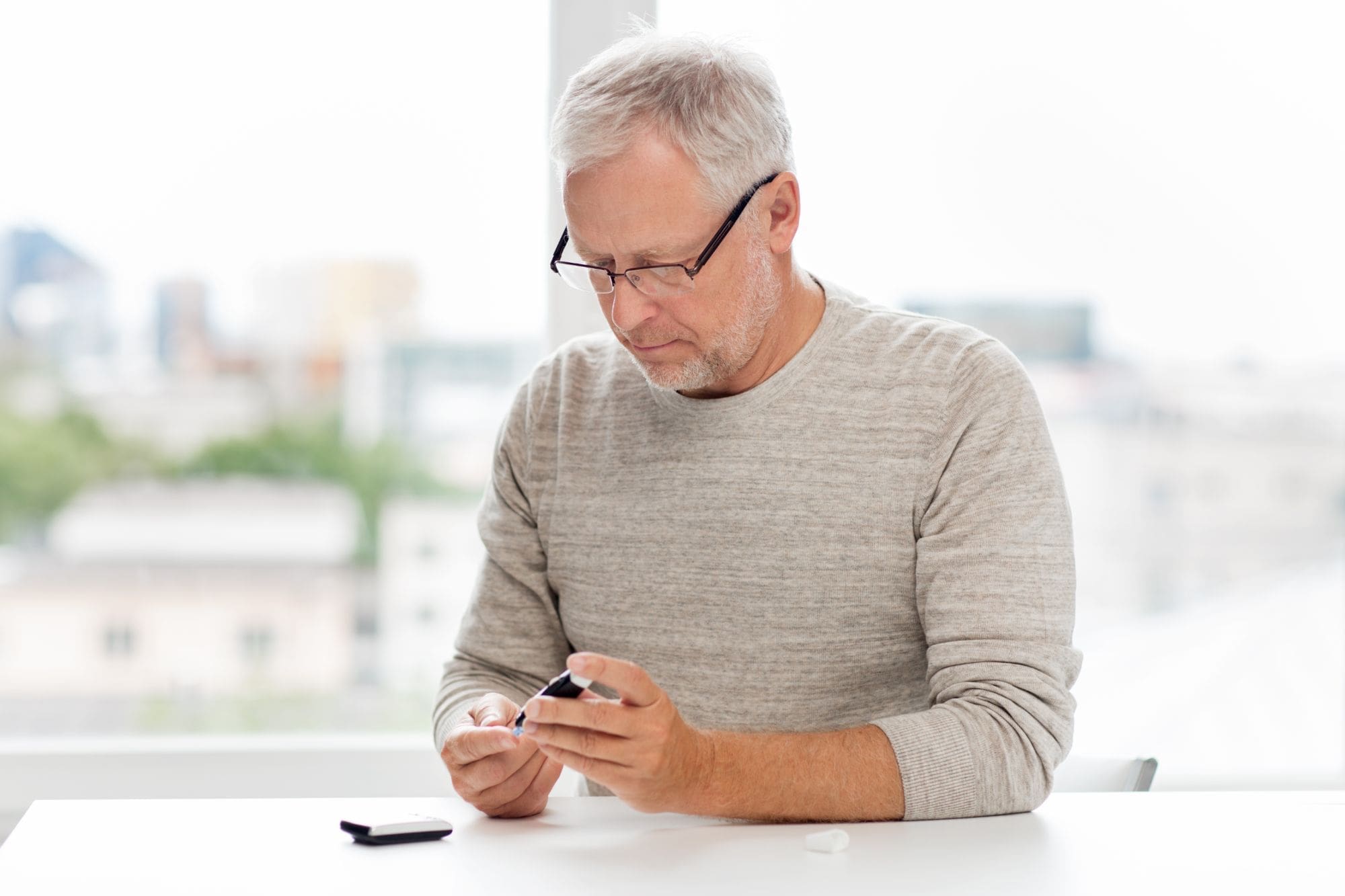
Have you or someone you know been diagnosed with diabetes or prediabetes?
Diabetes is a disease in which your blood glucose, or blood sugar, levels are too high. Glucose comes from the foods you eat. Insulin is a hormone that helps the glucose get into your cells to give them energy. With type 1 diabetes, your body does not make insulin. With type 2 diabetes, the more common type, your body does not make or use insulin well. Without enough insulin, the glucose stays in your blood which can cause damage to your body. You could also have prediabetes. This means that your blood sugar is higher than normal but not high enough to be called diabetes. Having prediabetes puts you at a higher risk of getting type 2 diabetes.
Over time, having too much glucose in your blood can cause serious problems. It can damage your eyes, kidneys, and nerves. Diabetes can also cause heart disease, stroke and even the need to remove a limb. Pregnant women can also get diabetes, called gestational diabetes.
The good news is that with practice and learning about food some people can manage their diabetes with diet and exercise. Everyone is different and it is important to work with a healthcare professional to better learn ways to control blood glucose.
These are some common questions and resource links:
- What foods can I eat if I have diabetes?
- How much can I eat if I have diabetes?
- Why should I be physically active if I have diabetes?
- What physical activities should I do if I have diabetes?
Marin Community Clinics providers and nutrition staff are here to help you make a health plan that works for you as well as provide you with one on one counseling, group education and additional resources.
Learn More about Diabetes